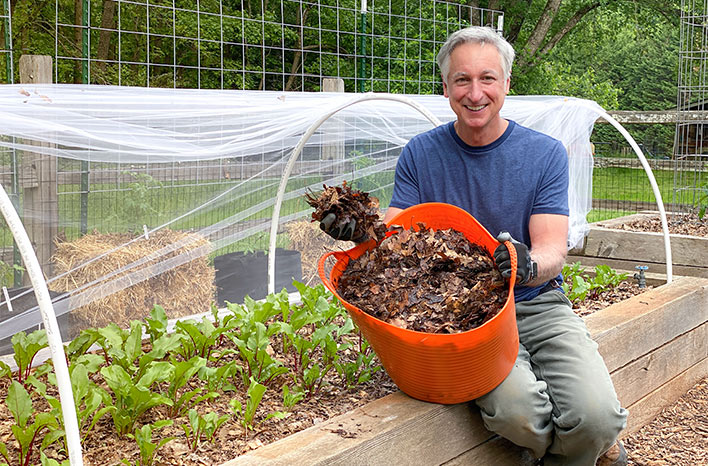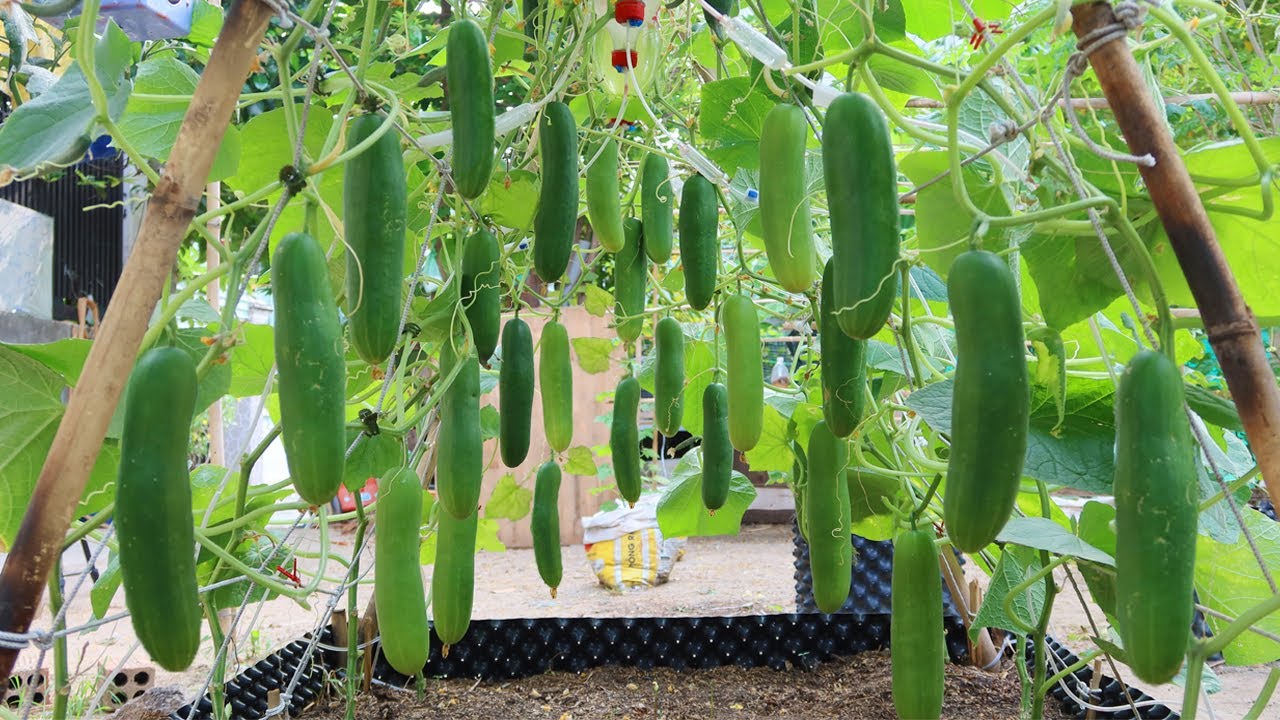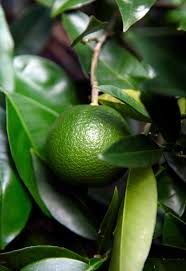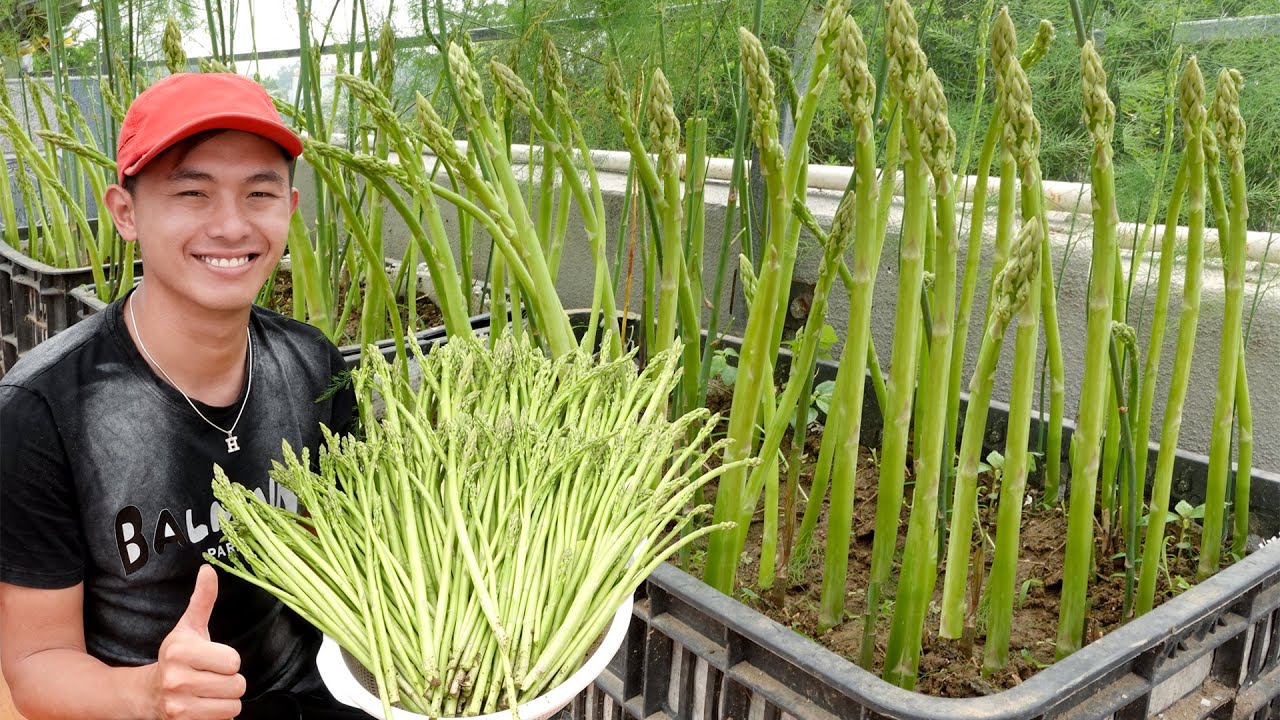Best Mulch for Vegetable Gardens
When it comes to growing healthy and thriving vegetable gardens, using the right mulch can make all the difference. Mulch not only helps retain moisture in the soil, but it also adds nutrients, suppresses weeds, and protects plant roots from extreme temperatures. With so many options available, it can be overwhelming to decide which mulch is best for your vegetable garden. In this article, we will explore some of the best mulch choices for vegetable gardens and their benefits.
Straw Mulch
Straw mulch is a popular choice for vegetable gardens due to its affordability and effectiveness. It helps retain moisture in the soil, suppresses weeds, and adds organic matter as it breaks down. Straw mulch is especially beneficial for plants that prefer cooler soil temperatures, such as lettuce and spinach. When using straw mulch in your vegetable garden, make sure to apply a thick layer to effectively suppress weeds and retain moisture.
- Retains moisture in the soil
- Suppresses weeds
- Adds organic matter to the soil
- Effective for plants that prefer cooler soil temperatures
Wood Chip Mulch
Wood chip mulch is another excellent option for vegetable gardens, especially for plants that prefer warmer soil temperatures, such as tomatoes and peppers. Wood chip mulch helps retain moisture, suppress weeds, and adds organic matter to the soil as it decomposes. It also provides a natural and aesthetically pleasing look to your garden. When using wood chip mulch, make sure to apply a thick layer to effectively suppress weeds and retain moisture.
- Retains moisture in the soil
- Suppresses weeds
- Adds organic matter to the soil
- Effective for plants that prefer warmer soil temperatures
Grass Clippings Mulch
Grass clippings mulch is a free and readily available option for vegetable gardens. It not only helps retain moisture and suppress weeds but also adds nitrogen to the soil as it decomposes. Grass clippings should be used in thin layers to prevent matting and allow for proper air circulation. Make sure to use grass clippings from untreated lawns to avoid introducing harmful chemicals to your vegetable garden.
- Retains moisture in the soil
- Suppresses weeds
- Adds nitrogen to the soil
- Use thin layers to prevent matting
Leaf Mulch
Leaf mulch is a great option for vegetable gardens as it is rich in nutrients and promotes soil health. Leaves can be collected from your yard or shredded to create an effective mulch for your garden. Leaf mulch helps retain moisture, suppress weeds, and add organic matter to the soil as it decomposes. It is important to shred leaves before using them as mulch to prevent matting and allow for proper air circulation.
- Rich in nutrients
- Retains moisture in the soil
- Suppresses weeds
- Adds organic matter to the soil
Rubber Mulch
Rubber mulch is a durable and long-lasting option for vegetable gardens. Made from recycled rubber, it helps retain moisture, suppress weeds, and add a decorative element to your garden. Rubber mulch is especially beneficial for areas that experience heavy rainfall as it does not wash away easily. However, it is important to note that rubber mulch does not add any nutrients to the soil and may not be suitable for organic gardening practices.
- Durable and long-lasting
- Retains moisture in the soil
- Suppresses weeds
- Not suitable for organic gardening practices
Conclusion
Choosing the best mulch for your vegetable garden depends on the specific needs of your plants and your gardening practices. Consider factors such as soil temperature, moisture retention, weed suppression, and nutrient addition when selecting a mulch for your garden. Experiment with different types of mulch to see which works best for your vegetable garden and enjoy the benefits of healthy and thriving plants.



